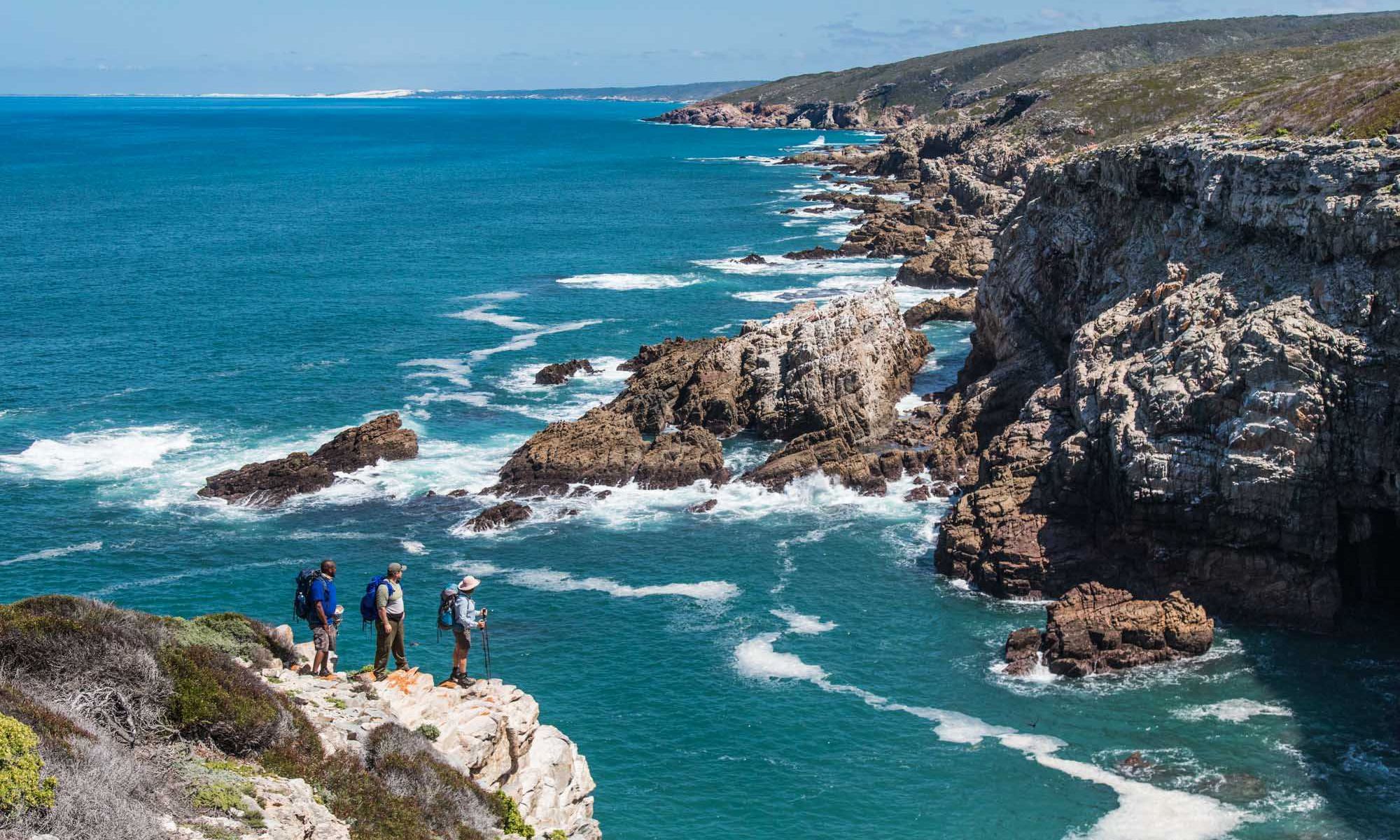
Dr Andrew Turner speaking about the endangered Western Leopard Toad
These toads mostly occur in sandy coastal lowlands but also venture into valleys and onto mountain slopes. They spend most of their time away from water, even venturing into suburban gardens, but are seldom found more than a few kilometres from their breeding habitat in generally permanent water bodies. These water bodies include sluggish rivers, lakes, vleis, pans and dams. The breeding site is usually associated with areas of deep, still water, more than 50 cm deep, interspersed with patches of aquatic plants and stands of emergent vegetation such as bulrushes.
https://youtu.be/RDQGuPpa4h0
These toads are most active during the period from late July to September, but especially during August, when large numbers of adults congregate in water bodies to breed. The males call at the breeding site to attract females and, while in amplexus (mating), the female lays thousands of eggs in gelatinous strings. The development of the eggs into tadpoles and then into baby toads (metamorphosis), takes more than 10 weeks. The tiny 11 mm long toadlets leave the water in October-December in their thousands. However, very few of them reach adulthood and most fall victim to predators and other threats. Like all toads, western leopard toads devour many insects and are useful pest controllers.
https://youtu.be/xf3hGRajroM
The distribution and conservation status of the western leopard toad is monitored by CapeNature. This species is protected by the Nature Conservation Ordinance of the Western Cape Province. For example, it is illegal to collect and translocate this species. Western leopard toads occur in some protected areas such as Table Mountain National Park, Zandvlei Nature Reserve, Rondevlei and Zeekoevlei nature reserves, and Agulhas National Park.
The monitoring of the Cape Peninsula/Cape Flats toad populations is carried out by various nature conservation organisations and local volunteer groups under the supervision of the Western Leopard Toad Conservation Committee. In particular, volunteer groups help toads across busy roads when they migrate to and from breeding sites. A Biodiversity Management Plan is being compiled for this species. The public is continually made aware of this species through the media, magazine articles, signboards, websites, etc. For further information, refer to: www.leopardtoad.co.za
Related News
How can I assist you today?
How can I assist you today?



